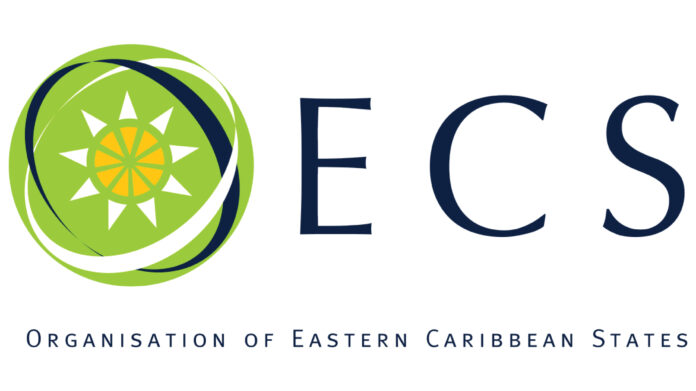By Elesha George
A number of heads of states pledged their commitment to improving the work of the Organisation of Eastern Caribbean States (OECS) when they met this week for the 72nd meeting of the OECS Authority.
The unified calls were for individual countries to take on more functional roles within the organisation in order to stave off the external impacts of global changes including in the financial and trade sectors.
In his remarks, Dr Natalio Wheatley, Premier of the British Virgin Islands (BVI), extended an invitation to students from the Eastern Caribbean who are interested in studying marine biology to utilise the BVI for their training.
He said his country has a “thriving marine sector” that is an excellent environment for young people to learn the skills to work in the field.
He made the announcement while giving opening remarks where he also committed to strengthening practical cooperation with OECS countries that would also benefit the territory “beyond the solidarity and historical and cultural links”.
“We are living in a very strange and uncertain time, and it is critical that as a bloc, we continue to deepen our cooperation to help withstand the external pressures that we face as small island developing states,” he said.
His government, he added, intends to become involved in international partnerships that require OECS technical cooperation with countries in the Global South like Africa and Latin America, in an effort to optimise trade opportunities and linkages.
Additionally, without having closer ties to the OECS, the Premier said it was a challenge for his country to access concessional financing and grants from international European-funded donors. He believes that taking a more hands-on role within the organisation will benefit the BVI’s sustainable development goals as well as the region’s.
Of course, intra-regional transportation and distribution networks could not escape the discussion as a priority area of development, with Wheatley voicing the BVI’s intention to strengthen trade in agricultural goods, which in turn would help to satisfy the demand in Caribbean economies for more affordable and healthier food options.
“The big challenge however is getting more frequent shipping at reasonable rates to deliver these goods,” he said, while signaling his country’s willingness to work towards achieving those means.
“My presence, and the presence of many of the heads in Monserrat today, was only made possible by charter flight. This cannot continue,” chimed in Prime Minister of Grenada, Dickon Mitchell.
He said that the high cost of travel in the region, and the limited airlift opportunities continue to be the biggest hurdle that OECS countries face, as it discourages the movement of people, goods and services.
In his maiden address, the outgoing chair of the OECS Authority encouraged leaders to band together as small island nations to collectively push the region into the new age.
“One constant in recent years has been an increasingly tense international atmosphere, paired with a number of crises.
“For our small island states, these crises are set against the backdrop of an even bigger climate crisis that disproportionately affects our small islands due to our inherent vulnerabilities, threatening the very existence of our nations and people,” he stated.
To combat these global events, Mitchell called on the authority to renew its commitment to accelerate the implementation of the OECS Economic Union to further combat developmental challenges faced by the islands.
The Economic Union establishes provisions for a single financial and economic community among OECS countries within which goods, people and capital move freely; harmonised monetary and fiscal policies are recognised and a common approach is in place to trade, health, education and environment, as well as a common approach to the development of critical sectors such as agriculture, tourism and energy.
Dr Terrance M Drew, the Prime Minister of St Kitts and Nevis, also gave a maiden address where he too spoke of OECS countries having a presence in Africa and sustaining their Citizenship by Investment Programmes (CIP).
“I urge us to take the subject of joint representation to a higher level and make the necessary decisions to enable us to reap the rewards to be derived from this increased level of engagement,” he remarked.
With regards to CIP, he said while many countries are dependent on the revenues generated by the programme, they must be mindful not to sell their countries short.
“We must be cognisant of the risks associated with devaluing our programmes, and develop a united approach which will ensure the viability and continued success of the programmes for all of our member states who are involved, and for all of our citizens who benefit,” he added.
The meeting took place on October 19 and 20 in Montserrat. It was hosted under the chairmanship of Joseph Easton Taylor-Farrell, Premier of Montserrat.

